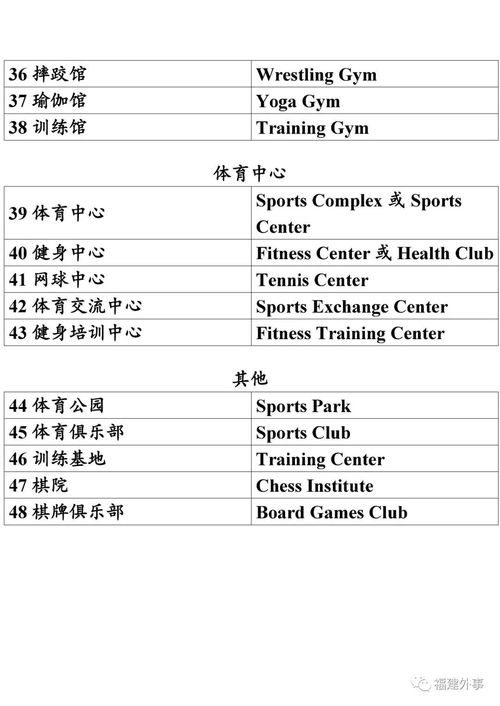When it comes to expressing the enthusiasm and passion for sports, the term "体育疯子" in Chinese encapsulates it vividly. Translating it into English requires capturing not just the literal meaning but also the cultural connotations it carries.
Directly translating "体育疯子" into English yields "Sports Crazy" or "Sports Maniac." While these translations convey the intense dedication to sports, they might lack the depth of meaning and the positive undertones present in the original Chinese term.
Understanding the cultural context behind "体育疯子" is crucial for an accurate translation. In Chinese culture, being a "疯子" (fēngzi) or "crazy" about something doesn't necessarily carry negative connotations. Instead, it often implies a high level of passion, dedication, and enthusiasm.
Given the nuances of the term, several alternative translations can capture its essence more effectively:

When choosing the appropriate translation for "体育疯子," consider the context in which it's used and the specific nuances you wish to convey. If emphasizing passion and enthusiasm, terms like "Sports Enthusiast" or "Sports Devotee" might be more suitable. For a stronger emphasis on intensity and fervor, "Sports Fanatic" could be the preferred choice.
In conclusion, while translating "体育疯子" into English, it's essential to not only capture its literal meaning but also preserve the cultural nuances and connotations it carries, ensuring an accurate and nuanced representation in the target language.
